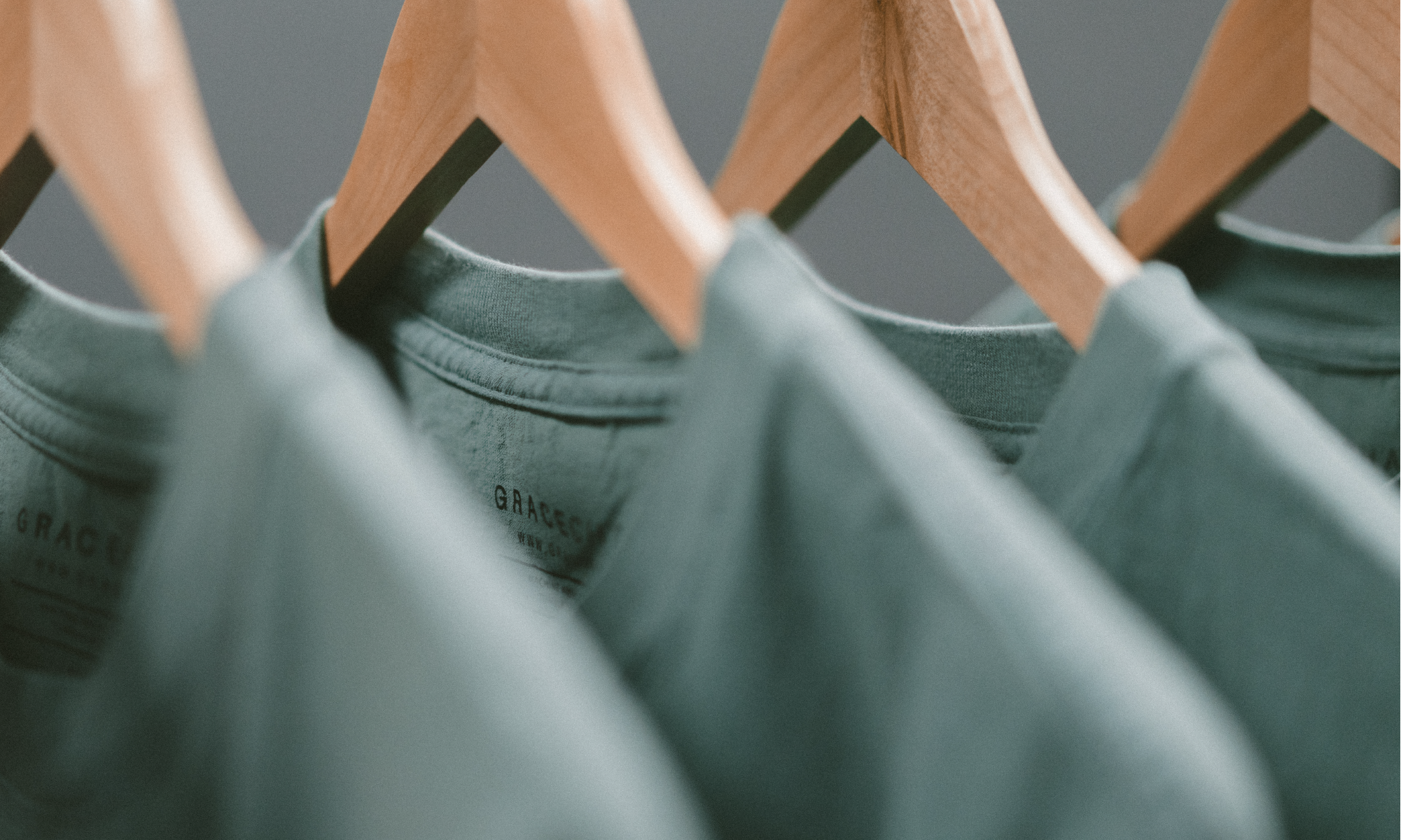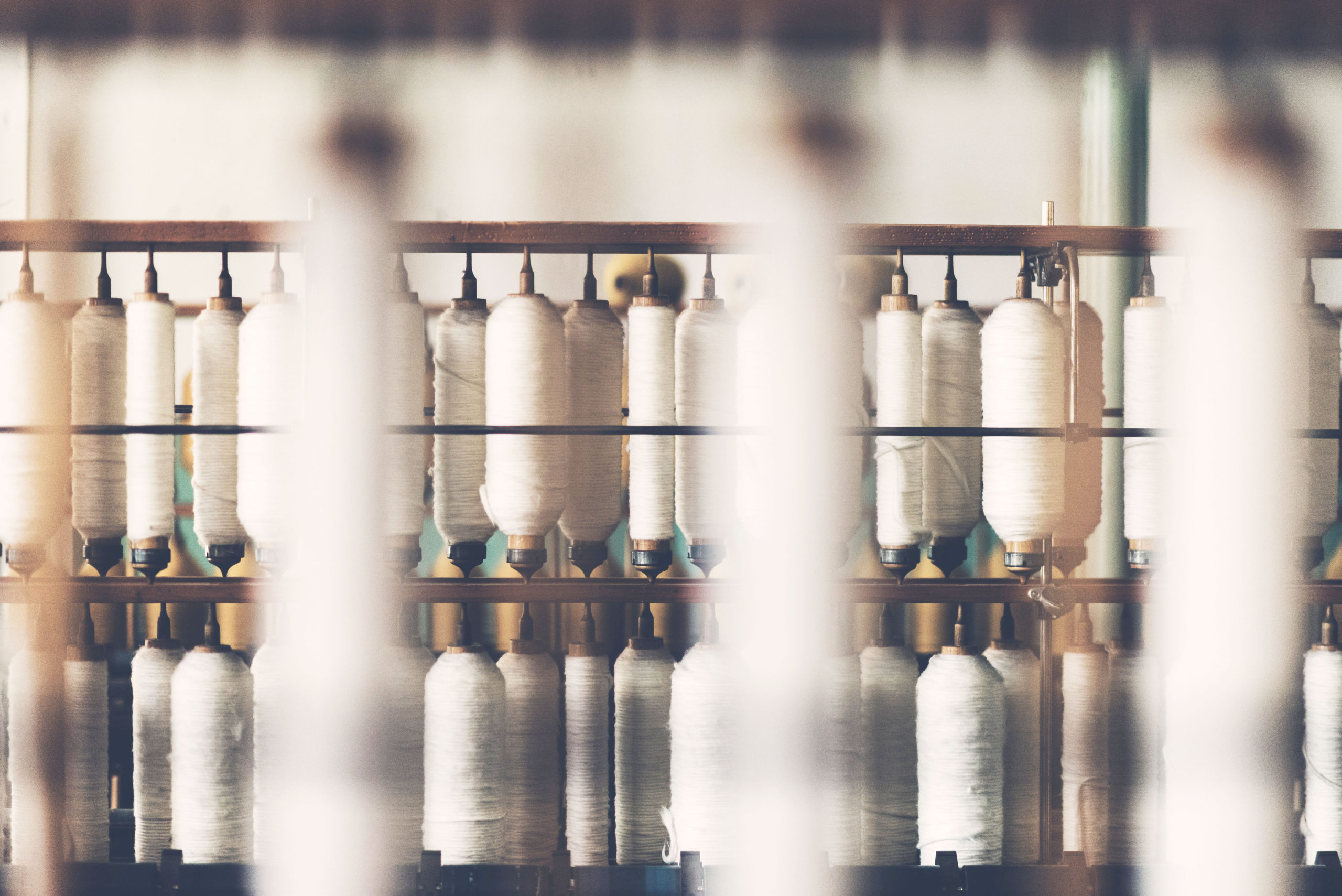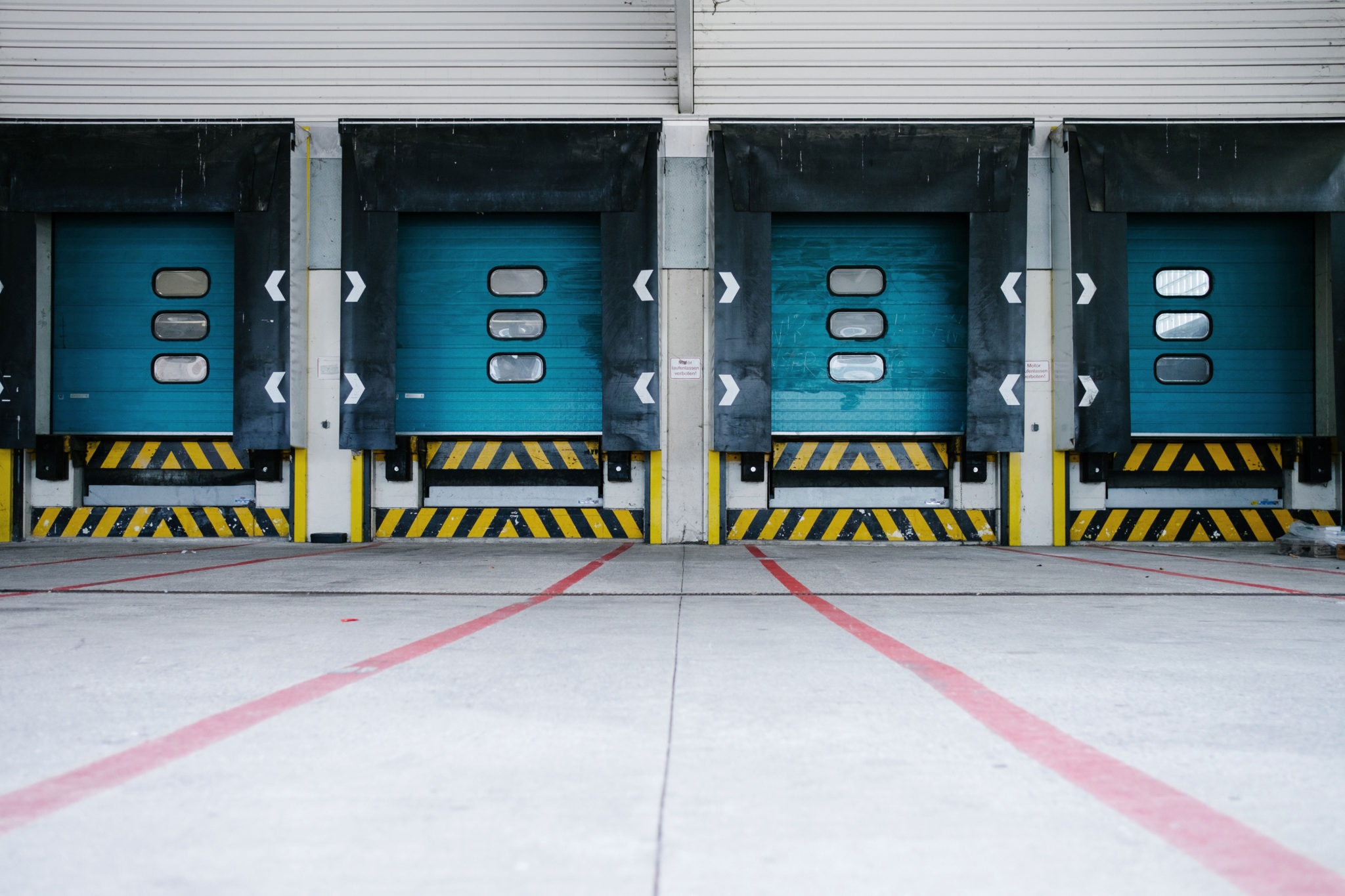Whether as a professional in the fashion industry or as a consumer of clothing and footwear, the world of textile certifications can be complex for anyone who decides to approach it. There are multiple options aimed at certifying any aspect related to the supply chain, but how to identify those standards that can add value to your company? What certifications does your target audience know and consider essential when choosing a brand? Which ones are your competitors using? Find out what sustainability certifications can do for your business and how to find out which ones are right for your brand.
These standards arise with the objective of helping the textile sector to submit their products to rigorous tests in order to guarantee compliance with the relevant regulations
Although in recent years we have seen them spread throughout the fashion industry, textile certifications have existed for more than a decade. These standards arise with the objective of helping the members of the textile sector to submit their products to rigorous tests in order to guarantee compliance with the relevant regulations. However, this isn’t the only reason why textile companies have increased the volume of audits in recent years. These are some of the main reasons why sustainability certifications could benefit your business:
- Certifications can work as an impact evaluation system that records the progress of the objectives achieved.
- They can be used as marketing tools that provide credibility when communicating brand values.
- Certified companies often also receive additional promotion from the organizations that grant such certifications.
- By guaranteeing compliance with certain requirements, products endorsed by a certification can clearly justify an increase in their price.
When we talk about certifications in the fashion industry, we deal with very different concepts. Not all standards refer to the same area, they extend throughout the supply chain and the aspects they review and their level of demand is different. Regardless of the evaluation to which it is subjected, the company that aspires to gain the certification must comply with the established criteria and request it from an authorized organization. These certifying entities are institutions that review and evaluate whether a company has carried out its activity in accordance with what is established in the certification requirements.
To choose the right certification, it’s essential to know what criteria it measures
To choose the right certification, it’s essential to know what criteria it measures. In order to identify which standards may be of interest to your business, below we show you an outline of the main areas on which the most popular certificates in the fashion industry act:
Environmental certifications
We can find them both in relation to raw materials and in the wet processes they go through.
Certifications applicable to raw materials: these are all those certifications focused on guaranteeing the ecological and environmental aspects related to the extraction and treatment of raw materials. Two of the most used certifications in this field are the following:
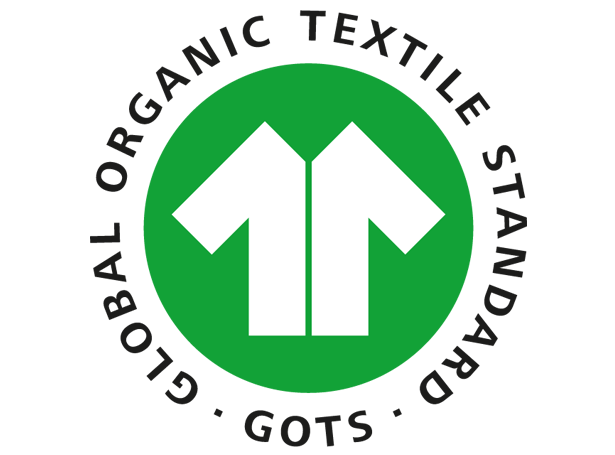
GOTS – Global organic textile standard
A textile product carrying the GOTS label must contain a minimum of 70% certified organic fibers. It implies a better use of water and energy resources and the use of pesticides and fertilizers that respect the soil. It also addresses social issues such as non-forced labor, the prohibition of child labor, freedom of association and prohibition of discrimination.
Axel Arigato is one of our brave brands that works with GOTS certified suppliers.
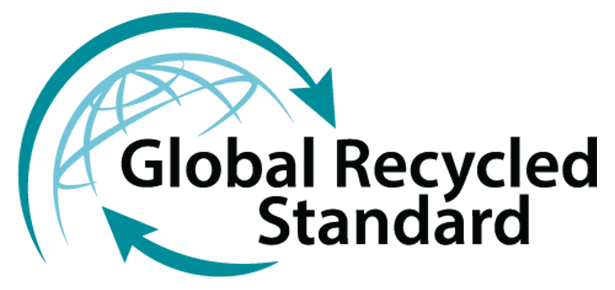
GRS – Global recycled standard
This certificate ensures that at least 20% of the fabric comes from recycled material. It also includes social policies, such as the prohibition of forced labor and child labor, the right to association, safety and health in the workplace, and regularization of overtime. In addition to environmental policies such as monitoring and compliance with the law on the use of resources, waste management and restriction of hazardous chemicals.
All recycled raw material used in Infinite Athletic products is GRS certified.
Certifications applicable to wet processes: certifications focused on evaluating the environmental aspects involved in activities focused on transforming the raw material into the final material, such as dyeing, bleaching or finishing of textile products. These are two of the most important certifications in this area:
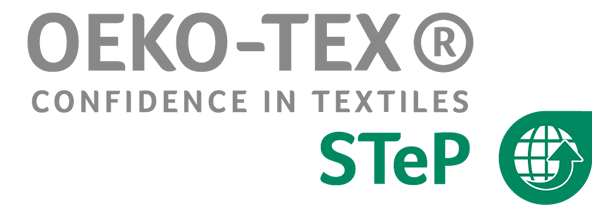
STeP by Oeko-Tex
This certification analyzes the sustainability of all processing stages, from the production of the fiber, through the spinning mills, to the manufacturers of textile articles. In addition, it ensures the monitoring of resources such as water, energy, emissions and sewage.
Among the brave brands that work with suppliers that have this certification are Sepiia or Alter Made.
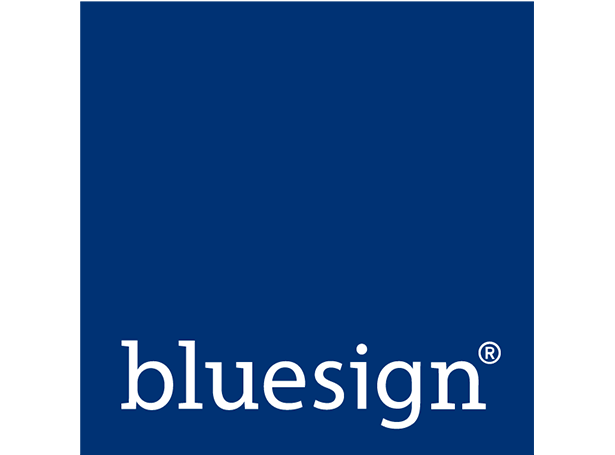
Bluesign
It certifies the elimination of dangerous chemical products for human and ecosystem health, ensures safe and healthy working conditions and adequate environmental practices, such as greater efficiency in the use of water and energy or the dumping of waste under regulations.
Ecoalf or Tropicfeel are some of the brands that work with this certificate.
Social certifications
In addition to the certifications that evaluate environmental aspects, the fashion industry also has certificates focused on protecting all those social issues linked to supply chains, in order to guarantee appropriate working conditions for all the people involved in the product life cycle. In this way, we find four main areas on which the social certifications are structured:
- Raw Materials
- Materials
- Wet processes
- Manufacture
Among the main social certifications, the following stand out:

BSCI – Business Social Compliance Initiative
It is a certification system that guarantees ethical and safe working conditions. It works with the issues of child labor, forced and compulsory labor, health and safety, the right to organize and collective bargaining, discrimination, disciplinary measures, work hours, remuneration, the environment and ethical business behavior.
Ettitude is one of the brave brands that works with suppliers that certify the protection of their employees under this standard.
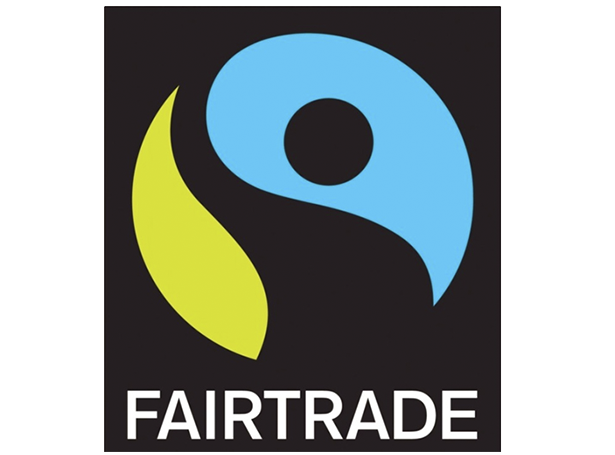
Fairtrade Textile Standard
This certificate ensures the empowerment of workers in the textile sector through their economic development, the social responsibility exercised by the company and the implementation of appropriate environmental criteria. The Fairtrade certification system is one of the most rigorous, producers, traders and companies are audited to verify compliance with established economic, social and environmental standards.
Among the brands that include this certificate in their supply chain is HOFF.
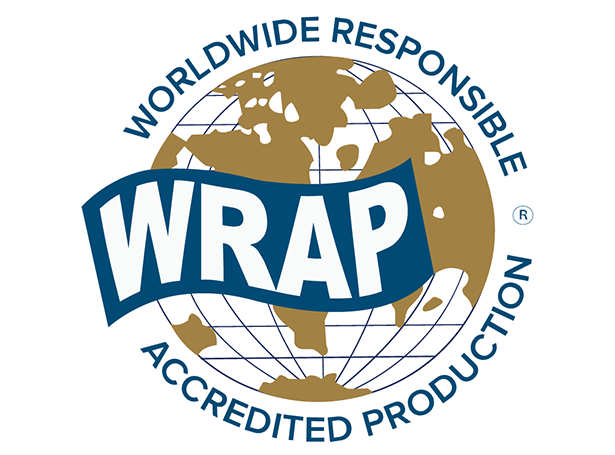
WRAP – Worldwide Responsible Accredited Production
It’s one of the largest voluntary certifications in the textile sector. It demonstrates that a company complies with the labor and ethical business standards of its country by addressing the issues of forced labor, child labor, harassment, compensation, overtime, health, safety, freedom of association, environment and customs laws.
Among the brands that have suppliers certified by this standard is Della Terra.
Having an exhaustive knowledge of your value chain will be what allows your business to identify which areas are operating under certified environmental and social standards. Thus being able to recognize which are the weak points that have a potential for improvement. Start working today with BCOME as an external tool to validate the activity of your suppliers and start communicating with total transparency with your customers. Shall we talk?





